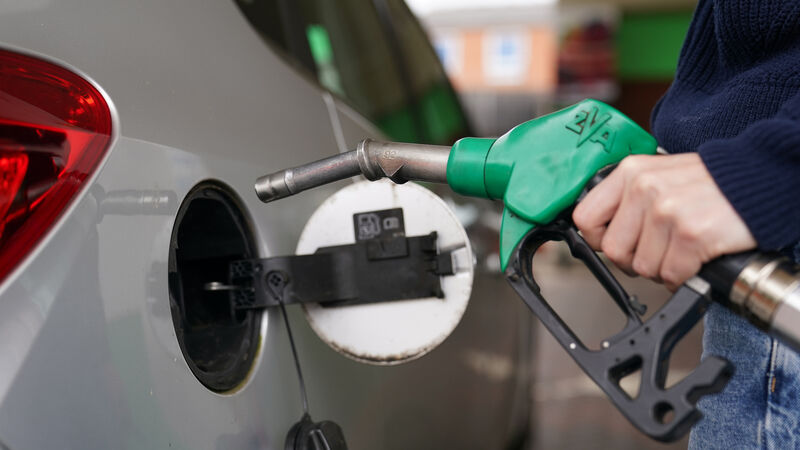Petrol and diesel prices hit 30-year high

Prices at the pumps are the highest they have been for 30 years.
Petrol and diesel prices are at 30-year record highs in Ireland, data from AA Ireland reveals.
Experts say it's time to ease the transition to electric vehicles (EVs) with better incentives. AA Ireland said the average price for unleaded petrol stands at 172.6 cent per litre across the Republic, while the average price of diesel is 163.3 cent, the highest since the motoring lobby started recording the figures in 1991.
CLIMATE & SUSTAINABILITY HUB













